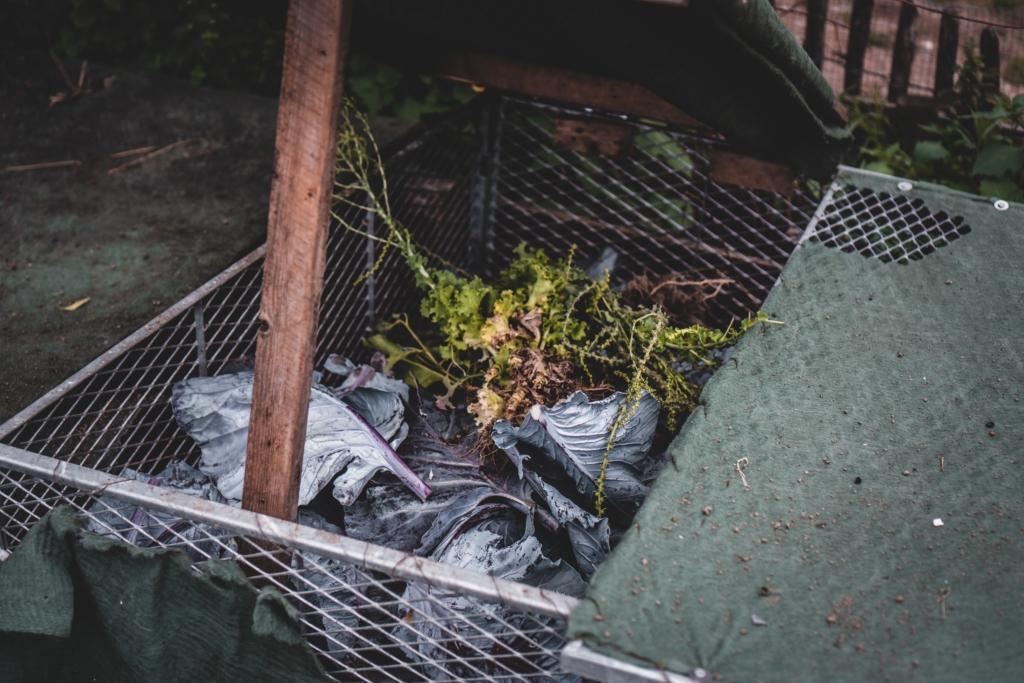While most of us are aware of the global food waste problem, we often fail to acknowledge how significant an issue it is, especially when it comes to the environment. In 2018, the U.S. Environmental Protection Agency (U.S. EPA) discovered that food waste in the commercial, institutional, and residential sectors accounted for a whopping 21.6 percent of total municipal solid waste (MSW) generation, having generated 63.1 million tons of food waste. What is most alarming about these figures is that the global food system is one of the biggest drivers of climate change. According to the Consultative Group on International Agriculture Research, up to one-third of all human-caused greenhouse gas emissions can be attributed to the global food system.
We mindlessly waste 40% of our food in the United States and 33% globally, so when it comes to green living, composting is one of the best things you can do to reduce your environmental impact, along with avoiding generating food waste. Keep reading below to learn about some of the primary reasons composting is so important.
1. Composting Can Help Reduce Methane Emissions
Food and other organic waste accumulate in landfills and generate significant amounts of methane, a powerful greenhouse gas that contributes to global warming and climate change. You can play your part in reducing these harmful emissions by composting your household food waste and other organic (e.g., yard or pet) waste.
2. Compost Feeds and Improves Soil
By increasing the number of organic materials and micronutrients in soil, compost naturally improves soil quality. If you’ve been trying to grow your vegetable or fruit garden and have not been utilizing compost yet, you’re missing out! Gardens and farms that leverage compost have been known to thrive.
3. Compost Reduces and Sometimes Eliminates the Need for Chemical Fertilizers
Did you know that spreading compost in soil minimizes the need for chemical fertilizers? This is because compost naturally contains the core nutrients of chemical fertilizers, including potassium, nitrogen, and phosphorus. Compost also offers an abundance of trace minerals and other nutrients that chemical fertilizers don’t have. By avoiding using fertilizers in your garden or yard, and opting for compost instead, you can help lessen the environmental impacts associated with the use of chemical fertilizers.
4. Compost Can Help Replenish Local Water Sources
Adding compost to your soil significantly increases the amount of water that seeps into the ground. Compost can generate enough water to penetrate down to the impervious rock layer, where it replenishes local springs, ponds, and lakes. Experts estimate that approximately 40% of rainfall may come from local water sources.
The EPA estimates that in 2018, 2.6 million tons (4.1%) of wasted food was composted. Even though the percentage of composted food waste is low, the impact that composting can have is evident. In that same year, Americans were able to recover nearly 25 million tons of food through composting; this amounts to 0.42 pounds per person, per day. Just imagine how beneficial it would be if we each played our part and started composting our food scraps/waste!
The best approach for reducing food waste is to avoid creating it in the first place. Buy only what you need, store foods accordingly, and donate excess food to local shelters. Some food waste is inevitable, which is where composting comes into play. Now that you’re familiar with the importance of composting, we hope that you’re also inspired to adopt this eco-conscious habit.
Be sure to stay tuned to our blog for more sustainability ideas, industry news and topics, and energy efficiency tips. And if you haven’t yet switched to Spring Power & Gas’ eco-minded energy and natural gas plans, now is a perfect time. Call 1.844.642.1220 to enroll with one of our knowledgeable Client Service Agents or sign up online.


